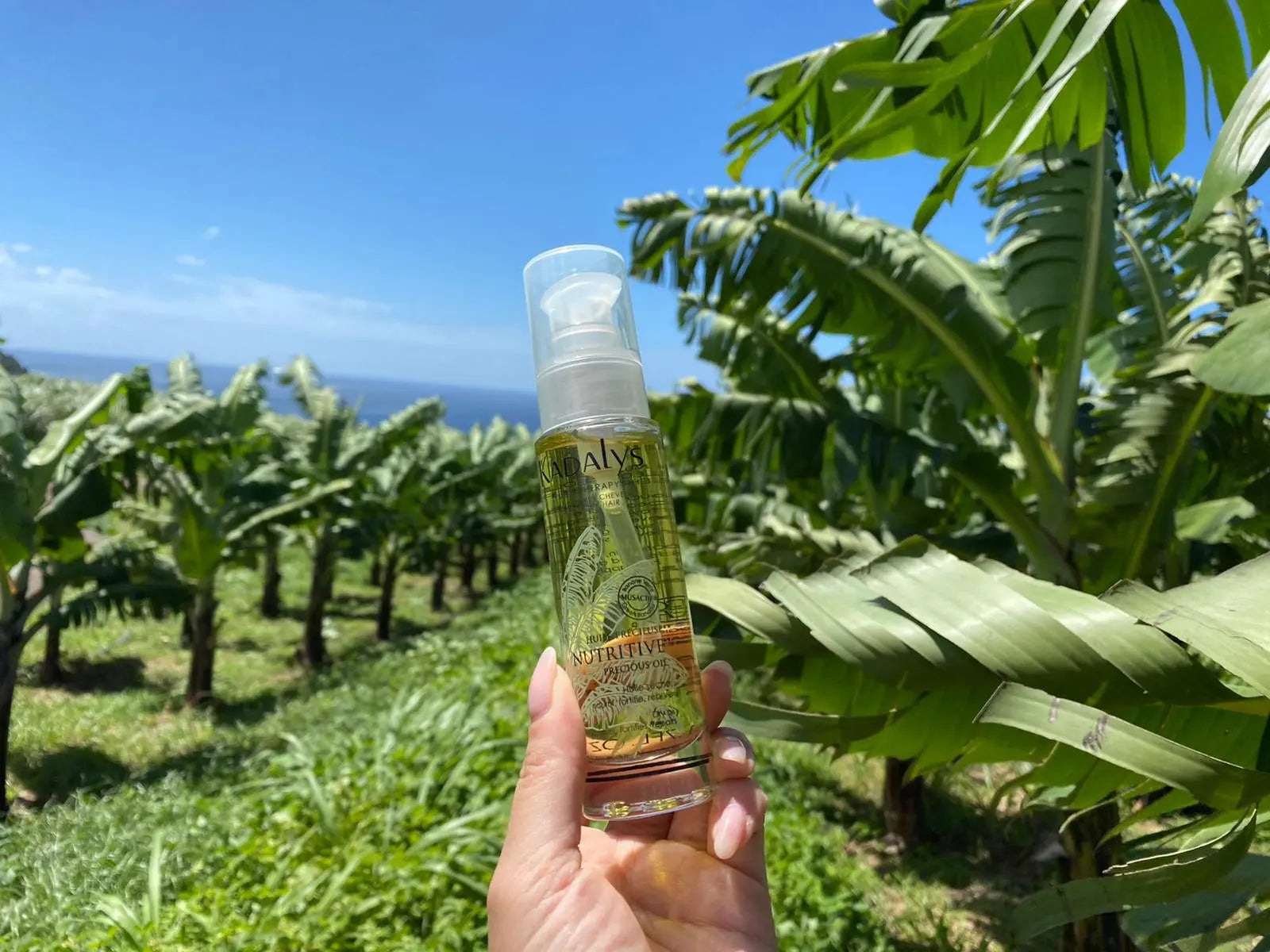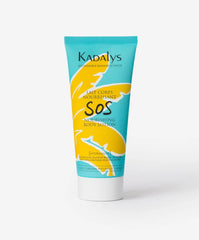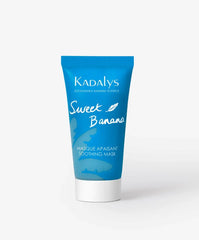
How to prevent and treat flaking?
Every day, your skin is at work. Indeed, this fantastic living organ doesn't just make you look good. It works tirelessly to protect you, regulate you and renew itself. One such renewal process, which can sometimes seem disruptive but is actually an essential part of skin health, is flaking. If this word is not familiar to you, this article is for you! Find out what peeling is: why does it occur? And how can you manage it?
SUMMARY
- Understanding the flaking process
- The causes and identifications of this phenomenon
- Treat and prevent as best as possible
Understanding the flaking process
Desquamation is a natural biological process that our skin adopts to continually renew itself. This mechanism helps eliminate dead skin cells to make room for new cells. Playing a vital role in the skin's life cycle, flaking is essential to maintaining our skin health and regenerating our skin.
Breaking down the term, “desquamation” comes from the Latin “squamare,” meaning “to shed the scales.” And yet, this process is not as dramatic as it might seem. On the contrary, when you think of flaking, the image that probably comes to mind is that of peeling skin, whether as a result of a sunburn or intense dry skin . However, flaking is not just about this visible skin phenomenon .
In reality, flaking is also an internal process, often invisible to the naked eye. Our skin, this fabulous and complex organ, is constantly renewing itself, every minute of every day, without us even being aware of it. It's a silent, but continuous, work that goes on behind the scenes, where the skin regenerates and repairs itself, expelling old skin cells and creating new ones.
The importance of this skin renewal cannot be underestimated. This natural regeneration is a spectacle of nature, a complex but perfectly orchestrated biological process, which allows the skin to maintain good health, retain its freshness and radiance . Imagine billions of skin cells that are produced in the deeper layers of the skin, then gradually pushed to the surface where they harden, die, and are finally removed through flaking.
It's fascinating that this complex process happens without us having to think or do anything. It's a perfect example of how our bodies work tirelessly to keep us healthy . That said, it is important to emphasize that even if flaking is a natural process, there are factors that can disrupt its smooth progress, speed up or slow down this cycle.
The causes and identifications of this phenomenon
Now that we've explained what flaking is, it's important to understand why it happens and how to recognize it. As a natural skin regeneration process, flaking is completely normal and beneficial. However, there are several factors and conditions that can disrupt this delicate process.
Certain skin conditions, such as eczema and psoriasis , can cause excessive flaking. These conditions are often accompanied by inflammation, which can disrupt the skin's normal life cycle and lead to increased production of dead skin cells. Likewise, environmental factors , such as prolonged exposure to the sun or cold, can have a significant impact on the skin. For example, dry, cold winter air can dry out skin and accelerate flaking. Conversely, prolonged exposure to the sun can damage the skin and cause temporary peeling.
Symptoms of flaking can vary greatly depending on the underlying cause, but the presence of flakes , whether fine or coarse, is a common sign. However, other symptoms may include itching , redness , or even a tight feeling. There may also be noticeable differences in the appearance of the skin, such as loss of its natural glow or a rough texture to the touch.
If you notice excessive or unusual flaking , it is essential not to ignore it. Although this may be a temporary phenomenon linked to environmental factors, it could also signal an underlying health problem . Consulting a healthcare professional for an accurate diagnosis is the best way to understand what may be causing flaking. A dermatologist or general practitioner can examine your skin and, if necessary, perform additional tests to identify the exact cause.
The latter will also be able to inform you about the different forms of scaling and how they are associated with certain skin diseases. Understanding the nature of your flaking can help you find the right treatments and natural solutions to manage the symptoms and support the healing process.
Treat and prevent as best as possible
Fortunately, there are many treatment options for flaking. Whether through medications , creams, adequate hydration , or changes in your skin care routine , this treatment can often be customized to meet your specific needs.
Additionally, some people may prefer more natural solutions, such as using natural oils. For example, you can use our Organic Precious Nutritive Oil , which soothes and regenerates irritated skin . It intensely nourishes, strengthens and repairs, in particular thanks to the fortifying and restorative oils of Bio-Actif Green Banana, Green Tea Oil and Avocado Oil.
And don't forget, prevention is the best solution! Taking care of your skin, hydrating regularly, eating a balanced diet and protecting your skin from external elements can make a huge difference. And if your skin continues to flake more than usual, do not hesitate to consult a health professional.











